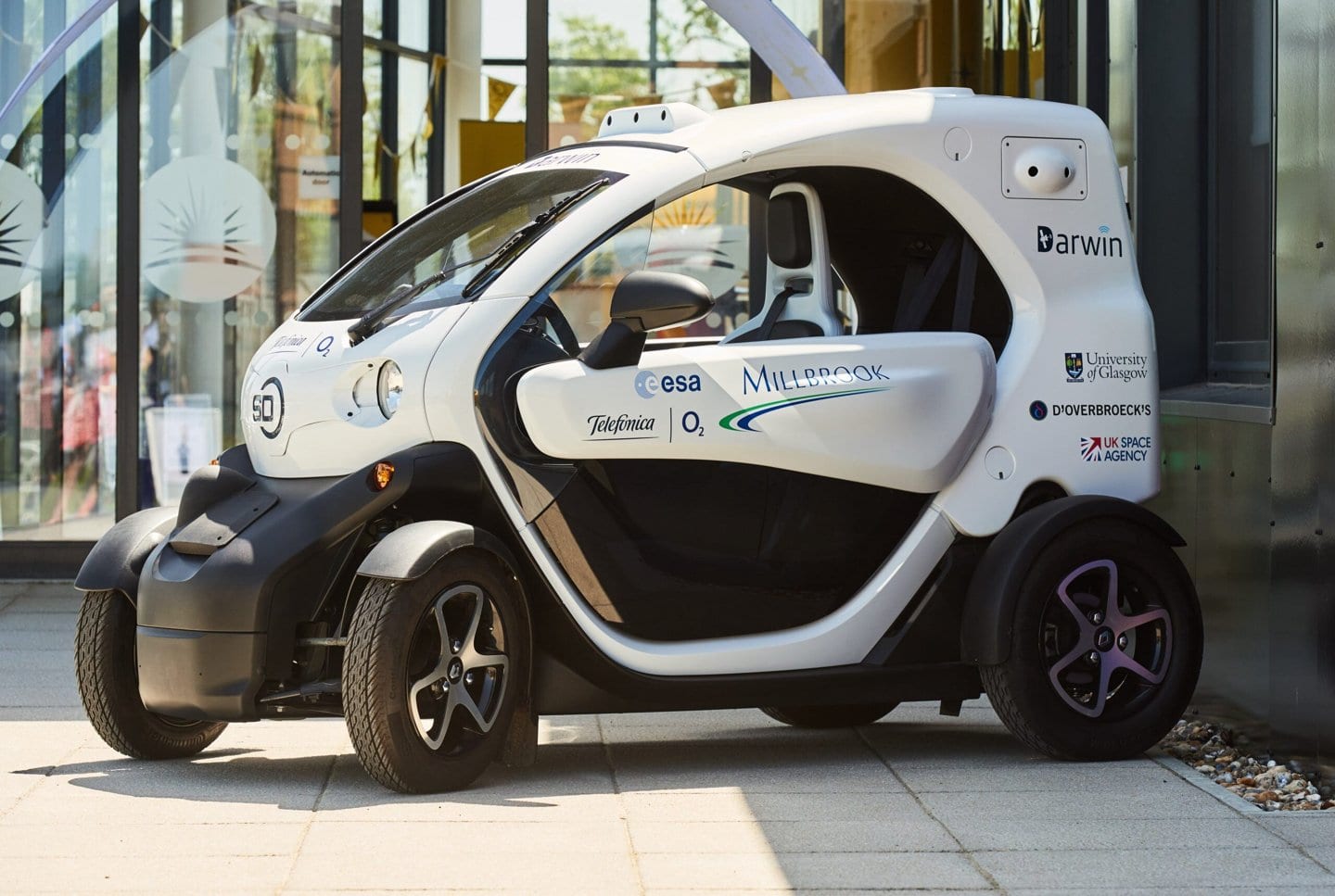Almost everything is automated nowadays – you don’t have to go outside to hail a taxi because you just need to open an app and book for a ride; you don’t need to wait for the morning paper by your doorstep because you will be bombarded with news from all over the world on your iPad, and you don’t have to head to the grocery store to get what you need because you can have it delivered at your house.
In short, everything is being spoon-fed to us even when we don’t want it. While technology has paved the way for advancements and discoveries that are useful to human beings, it has also, unfortunately, became a reason for some jobs to become obsolete, thereby making it a problem for us as well.
Curious if what you now do for a living will not exist in the next 50 years? Here’s an idea:
Cabbies
Taxis are most often than not the most reliable form of public transportation, especially in dire times (e.g. when drunk or sick), but as mentioned, you can just wait for it in the comfort of your home and finally go outside once your ride is waiting for you. With the rise of services like Lyft and Uber, cabbies are forced to switch to their side and become a driver for these companies.

Street Drone | Self-driving cars are now popular
Plus, with the increasing number of self-driving electric vehicles, it is now possible to ditch drivers for your taxi business. Labor reporter Steven Greenhouse guessed that because of the automation of vehicles, 5 million jobs will be gone.
Farmers
Human beings will still continue to eat food, so, no, farms will not stop producing one of our basic necessities. However, because there have been and will be many inventions for easier farming and more yield with less use of manpower, you shouldn’t be surprised if the entire process will be done by machines or robots in the near future.

Unsplash | Machines are responsible for the job of farmers
As such, this field is technically evaporating right before our very eyes. The ones that will suffer are farmers, who may soon be replaced by scientists or artificial intelligence.
Cashier
As for the fate of cashiers, there are many grocery stores that have already axed their clerks and replaced them with self-checkout counters. Gone are the days when you need someone to give you your change because now, you can pay for what you buy through online transfers.
Printers
Is print dead? A lot of people like to believe it and that’s because of the transition of old-fashioned newspapers and magazines to digital.

Unsplash | Gone are the days when news arrives at your doorsteps
Who can blame them? More and more people are choosing the more accessible option of having their news delivered to their phones, tablets, and laptops, which they can read anytime, anywhere.




